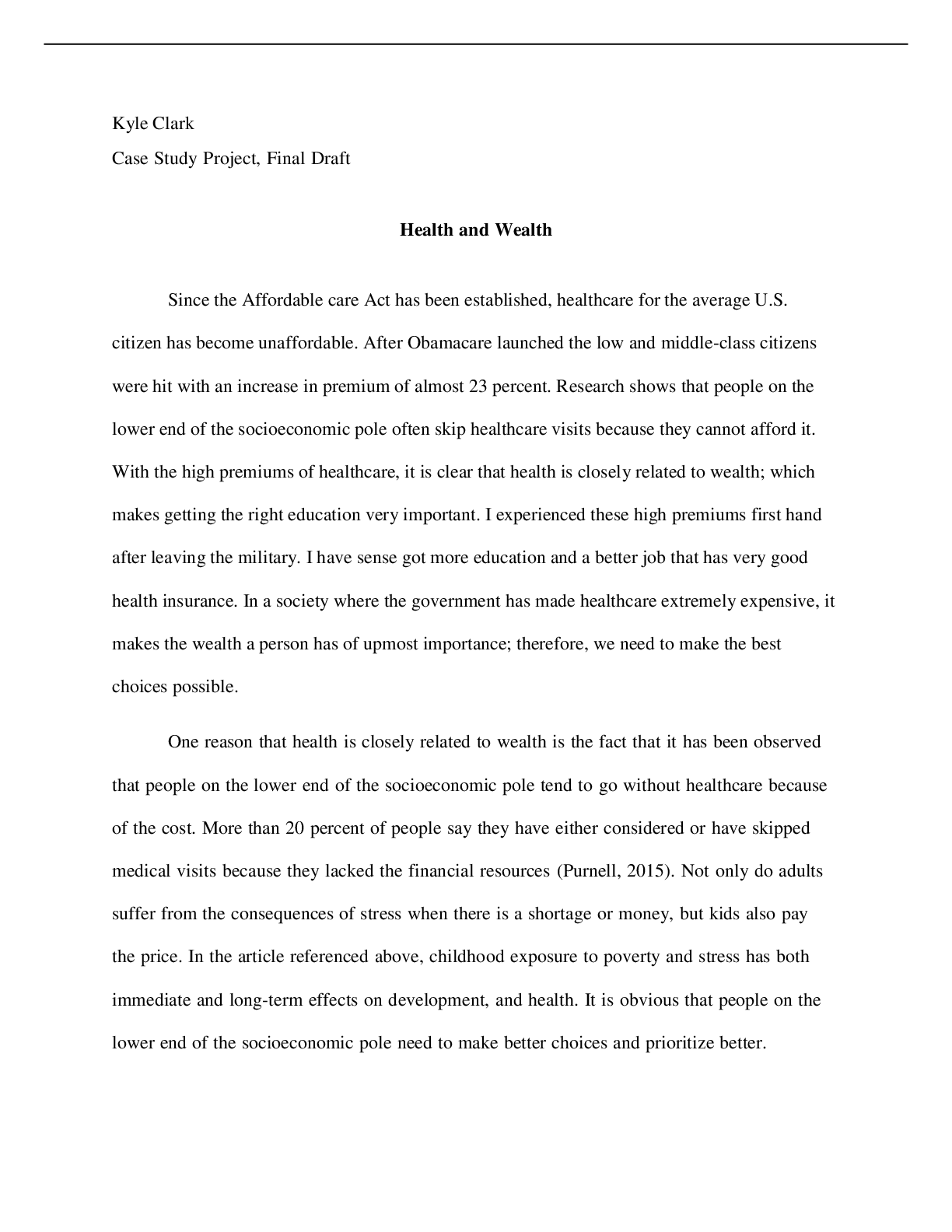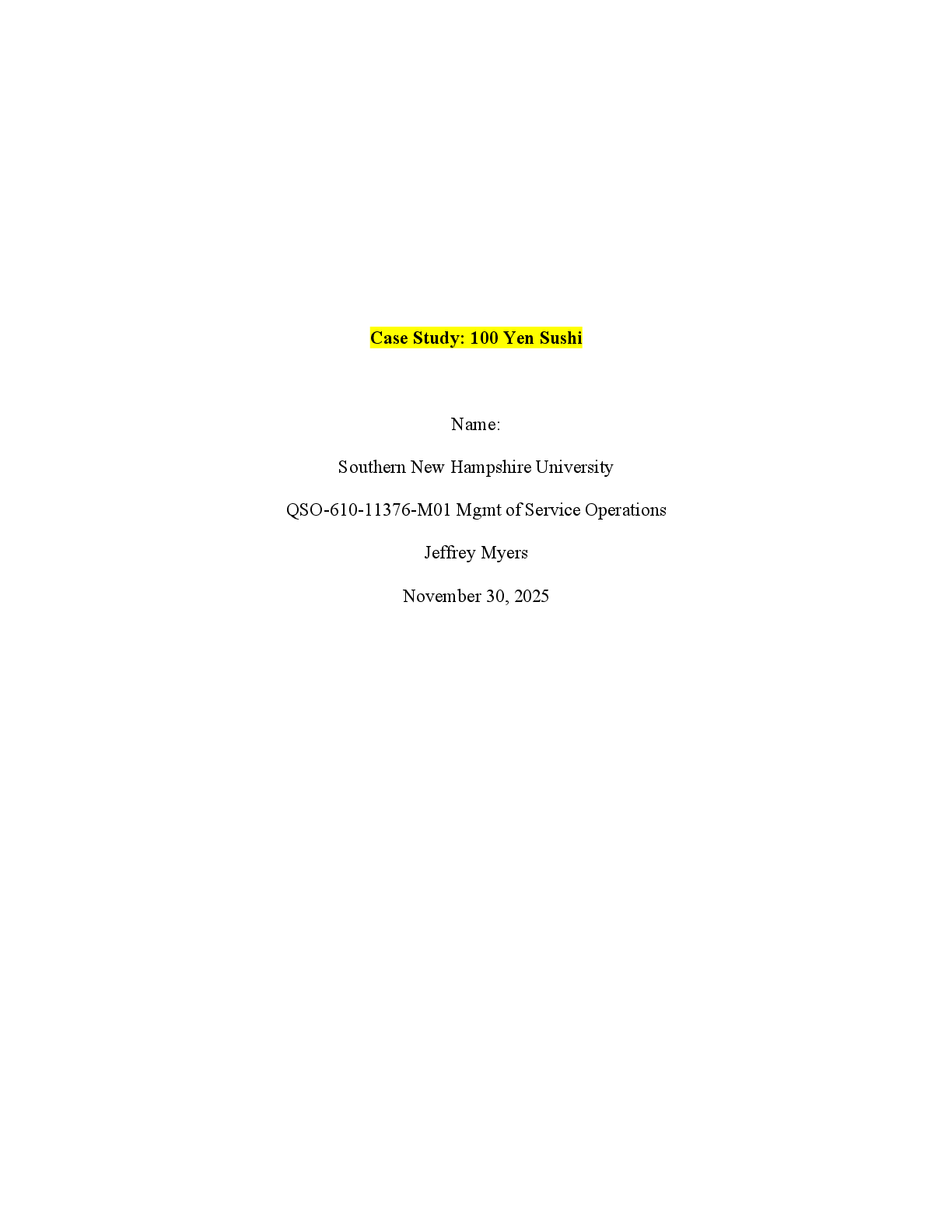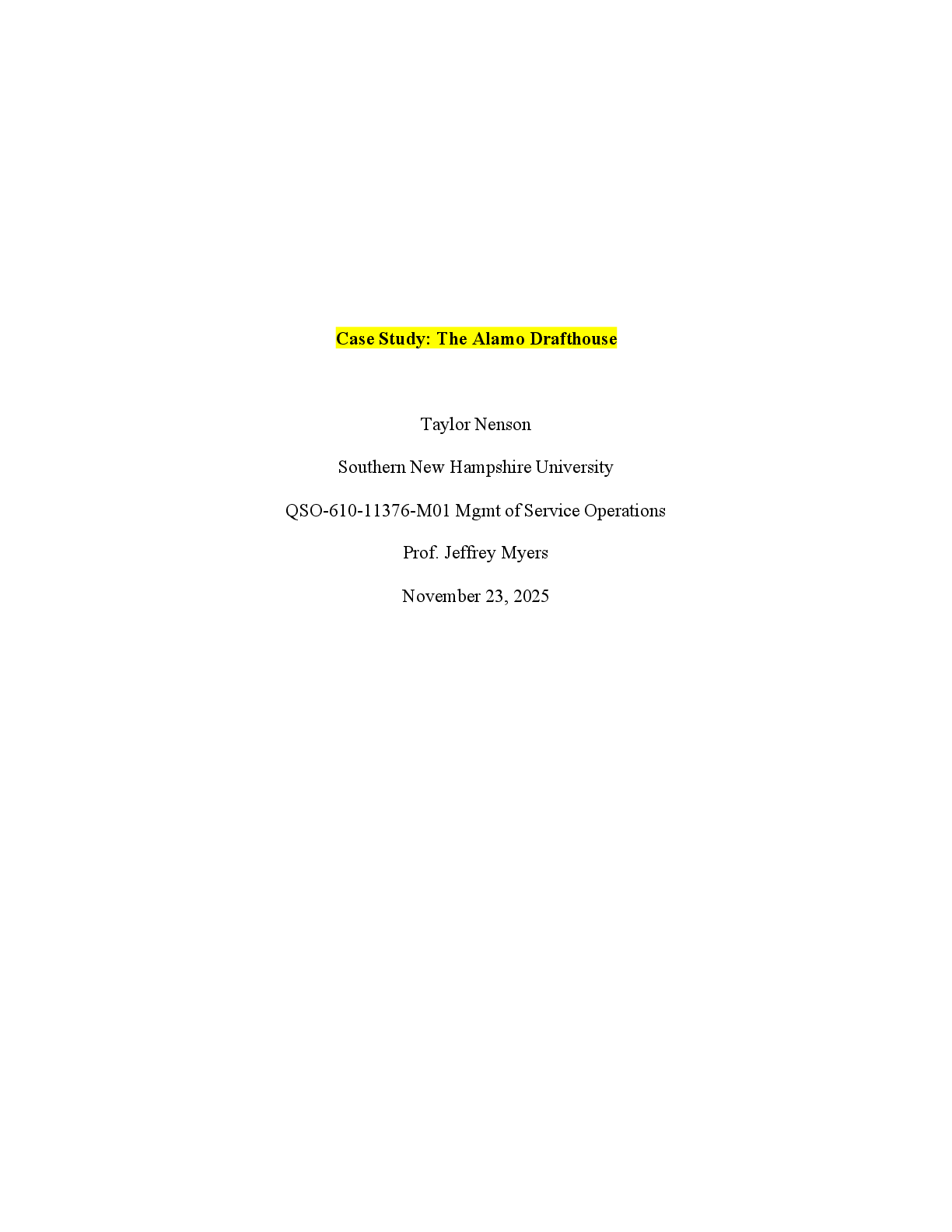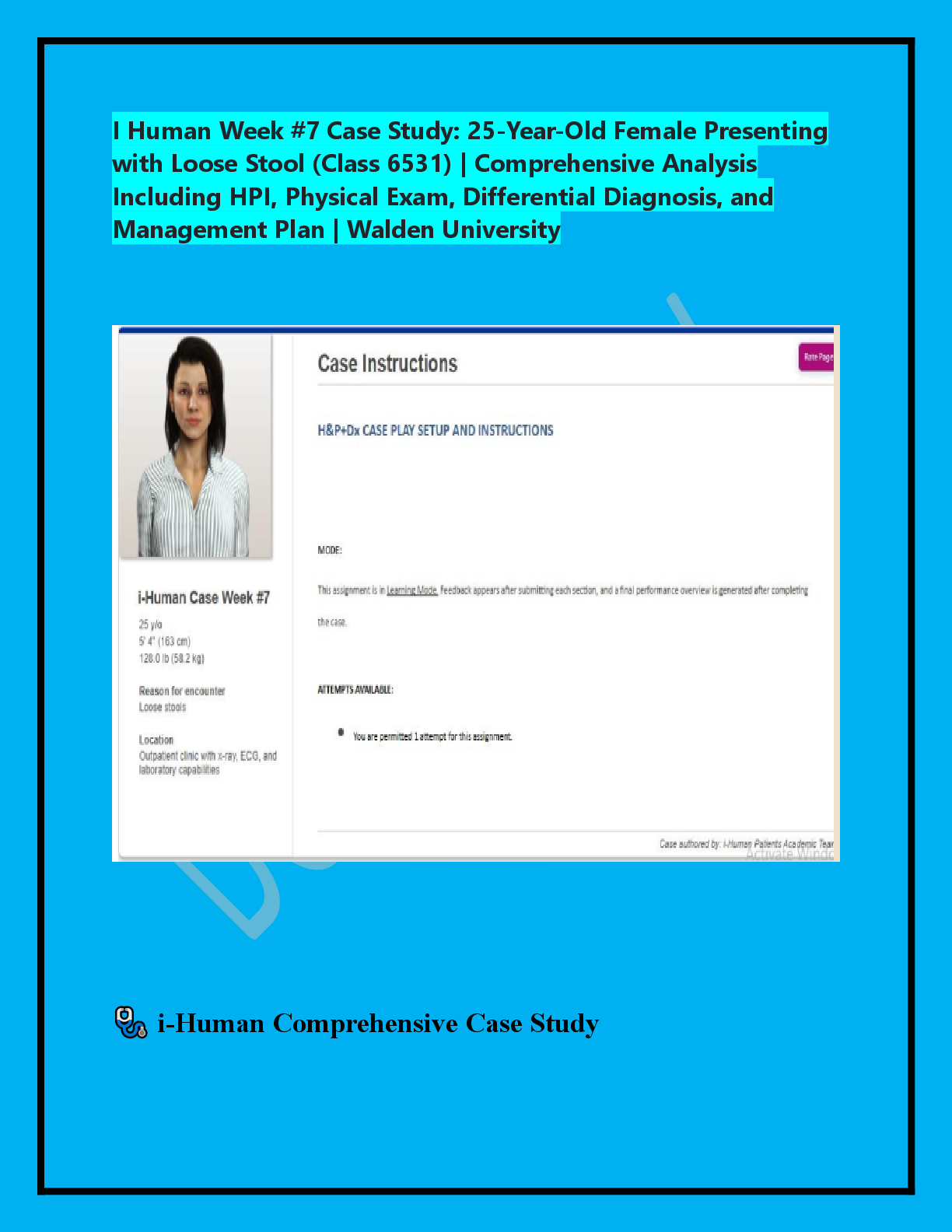Marketing > CASE STUDY > CASE STUDY ANALYSIS REPORT : METABICAL: POSITIONING AND COMMUNICATIONS STRATEGY FOR A NEW WEIGHT-LO (All)
CASE STUDY ANALYSIS REPORT : METABICAL: POSITIONING AND COMMUNICATIONS STRATEGY FOR A NEW WEIGHT-LOSS DRUG
Document Content and Description Below
CASE STUDY ANALYSIS REPORT METABICAL: POSITIONING AND COMMUNICATIONS STRATEGY FOR A NEW WEIGHT-LOSS DRUG I. Case Synopsis Cambridge Science Pharmaceuticals (CSP) is an international health care c ... ompany that focus on developing, manufacturing, and marketing products that treat metabolic disorders, gastrointestinal diseases, immune deficiencies, as well as other chronic and acute medical conditions. The senior director of marketing of CSP, Barbara Printup, is responsible for one of the most successful products by CSP, Zimistat. CSP has assigned Printup to be in-charged of the upcoming U.S product launch of CSP’s newest prescription drug called Metabical. He was appointed in February 2008 to be responsible in developing a viable positioning strategy and associated marketing communications plan for the new product that the scheduled launch was in January 2009. Metabical was the first prescription drug approved by the FDA that targeted specifically for overweight individual. The majority of Metabical trial participants reached their weight-loss goals by week 12. Even though the pricing had not been finalised, CSP estimated the retail price would be approximately $3 to $5 per day, with the average course of treatment lasting for 12 weeks. Meanwhile, excess weight is considered as a public health crisis in the U.S, with approximately 65% of the entire adult population categorised as overweight, obese or severely obese. Being overweight often related to a number of serious health problems which become one of the top leading causes of death in U.S. (according to the American Obesity Association in 2005). In addition to health risks, overweight individuals always feel like social outcasts. They endure a significant social stigma as well as discrimination. Laziness and self-indulgence are common stereotypes associated with this group. Their professional life could also be negatively affected, as excess weight has been found to adversely influence hiring decisions, wages and promotions. Researchers and health care professionals measure excess weight using the Body Mass Index (BMI) scale. It calculates the relationship between weight and height associated with body fat and health risk. There are three BMI categories of excess weight for adults: overweight (25 to 30); obese (30 to 40); and severely, or morbid obese (over 40). There was no prescription-drug targeted specifically for overweight segment (BMI of 25 to 30) was available in 2008. Though, Alli was the only one over-the-counter (OTC) weight-loss drug was approved by FDA, it has a lot of negative side effects. These side effects include gastrointestinal conditions such as loose stools, increased defecation, incontinence, and abdominal pain. The effects will get worsened when the patient’s diet included too much fat. The drug industry faced saf [Show More]
Last updated: 3 years ago
Preview 1 out of 8 pages

Buy this document to get the full access instantly
Instant Download Access after purchase
Buy NowInstant download
We Accept:

Reviews( 0 )
$7.00
Can't find what you want? Try our AI powered Search
Document information
Connected school, study & course
About the document
Uploaded On
Dec 09, 2022
Number of pages
8
Written in
All
Additional information
This document has been written for:
Uploaded
Dec 09, 2022
Downloads
0
Views
72


























